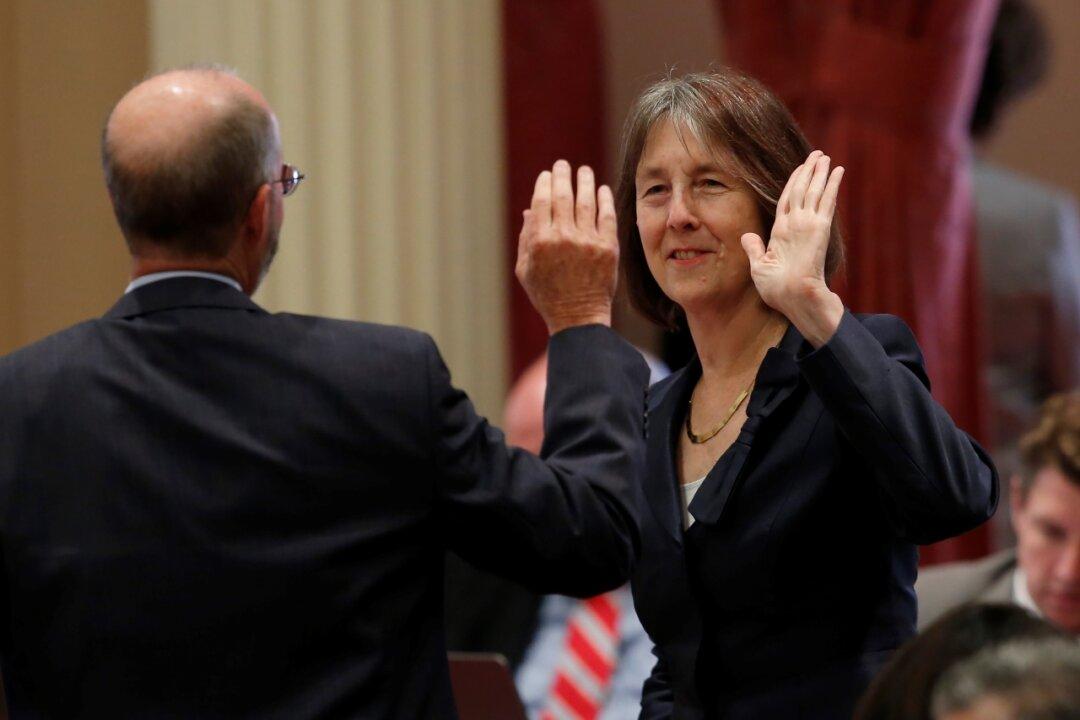California’s first-of-its-kind bill to cap oil company profits and regulate the industry easily won approval March 23 from the state Senate as it moves to the Assembly and near-certain passage.
Democrat Gov. Gavin Newsom’s campaign to punish oil companies for charging record-high prices at the pump last year in the state—reaching $9 a gallon in some cases—has gained overwhelming public support and unanimous approval by Democrat senators.





